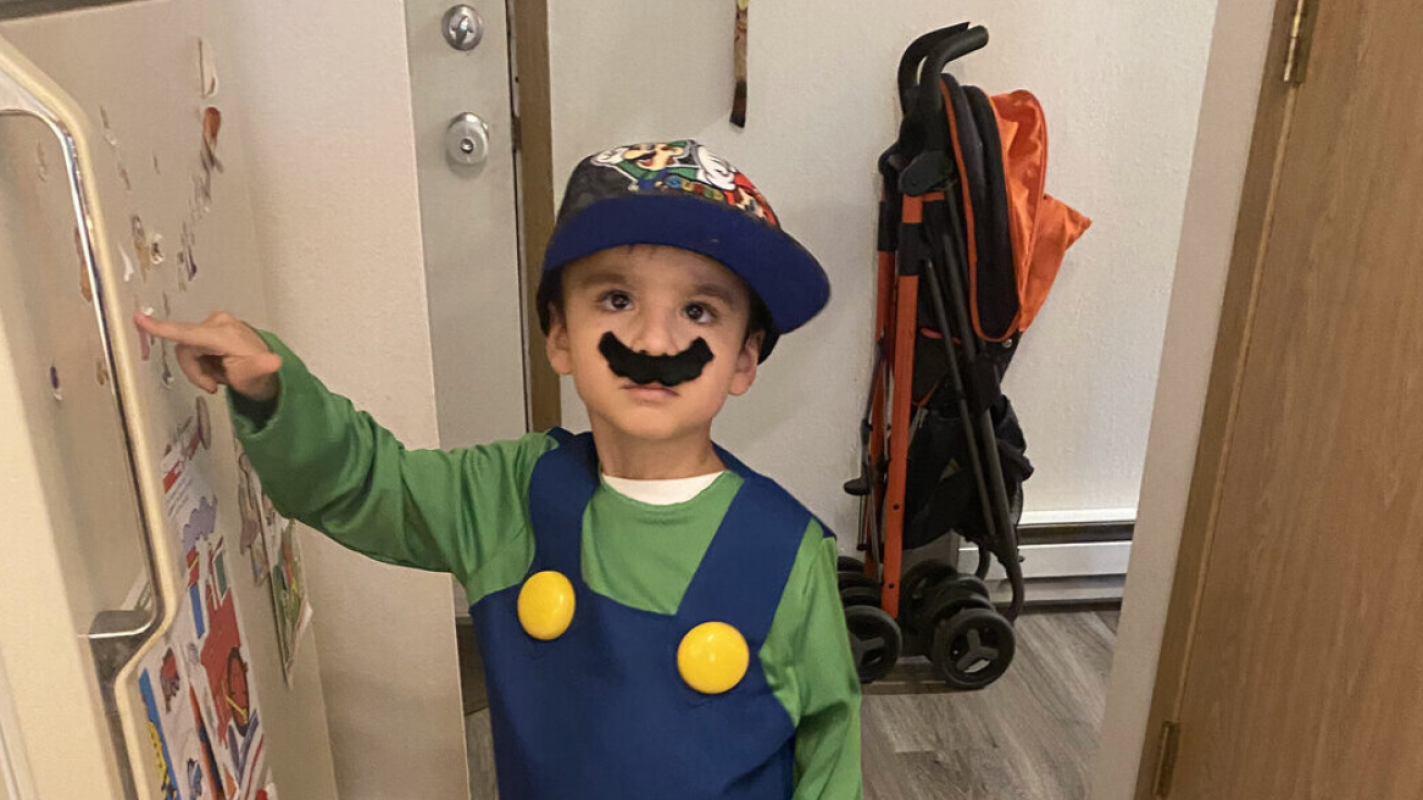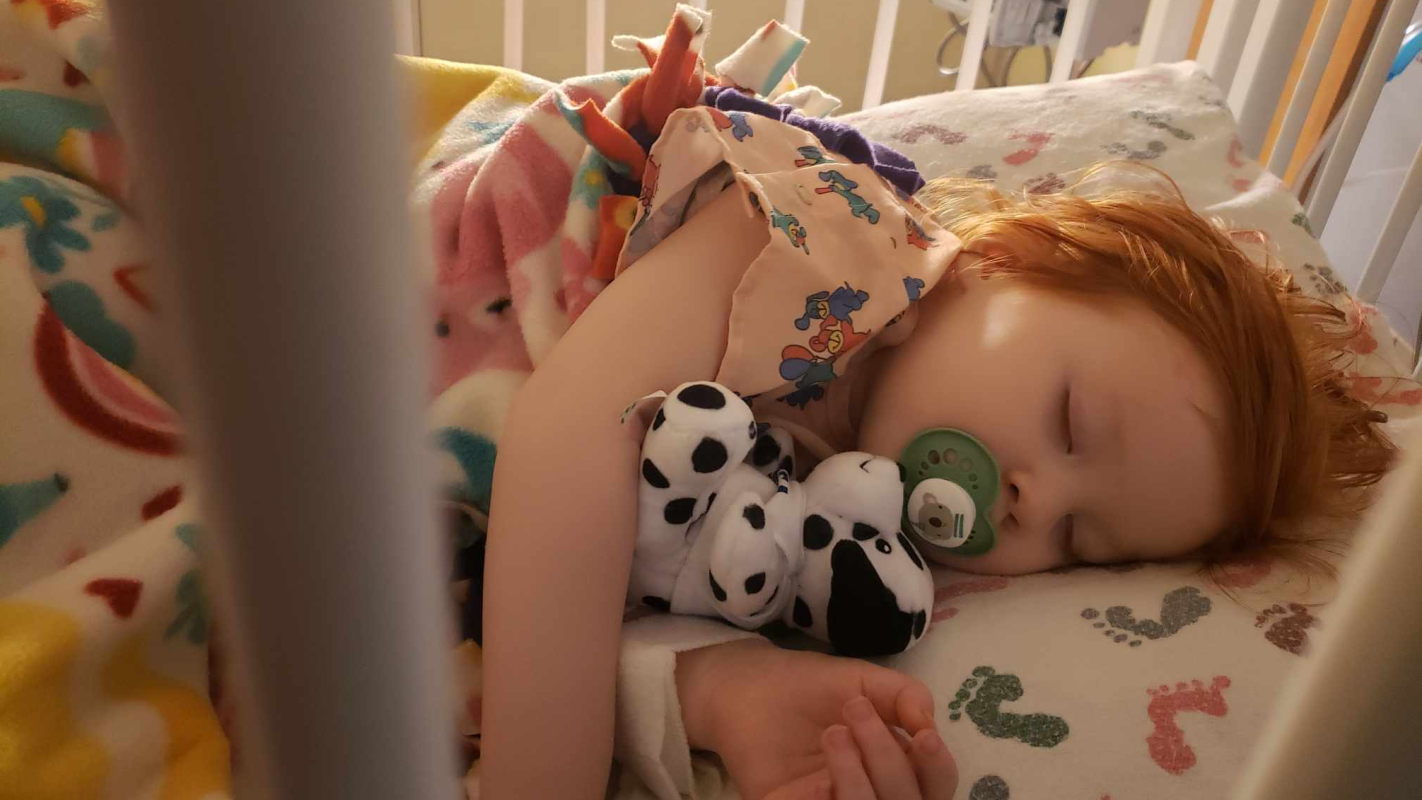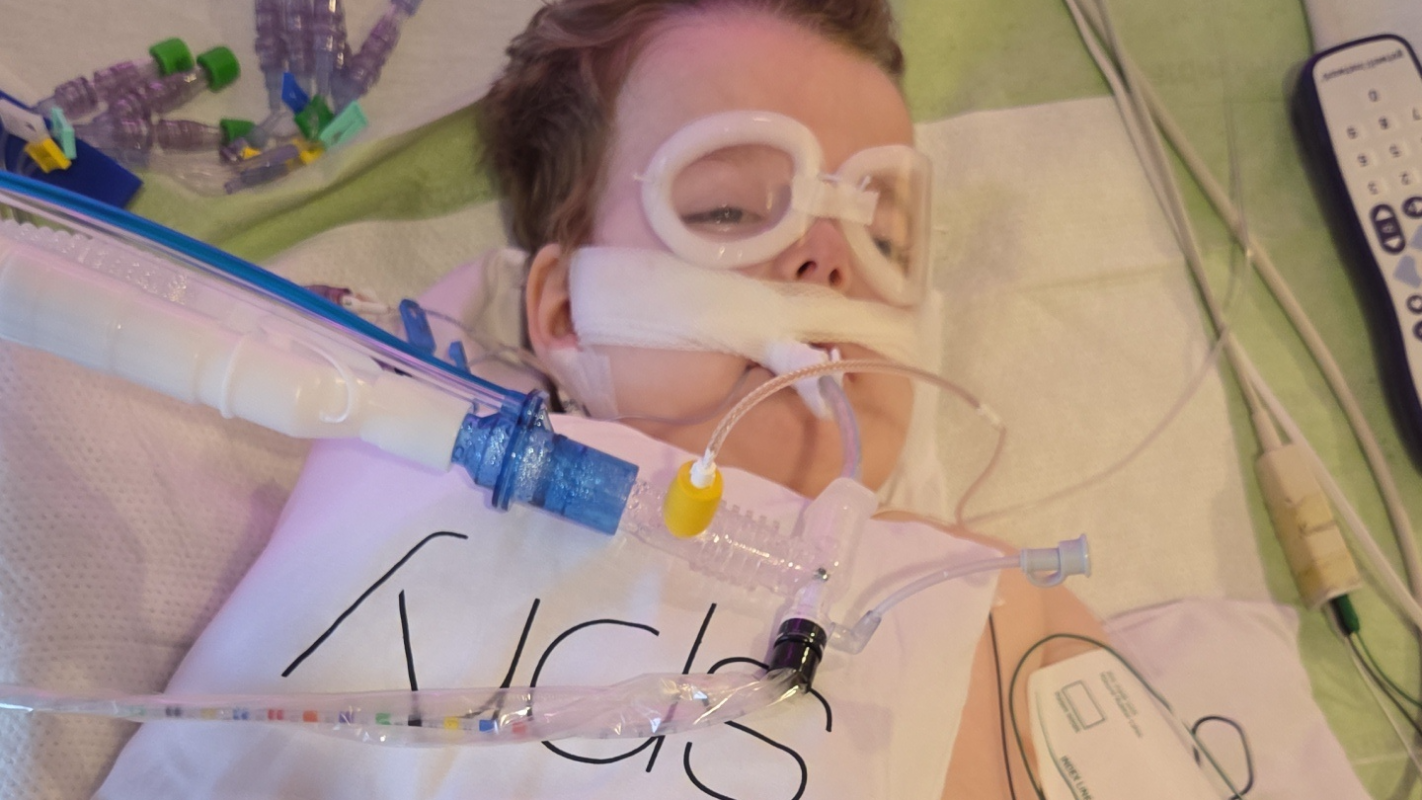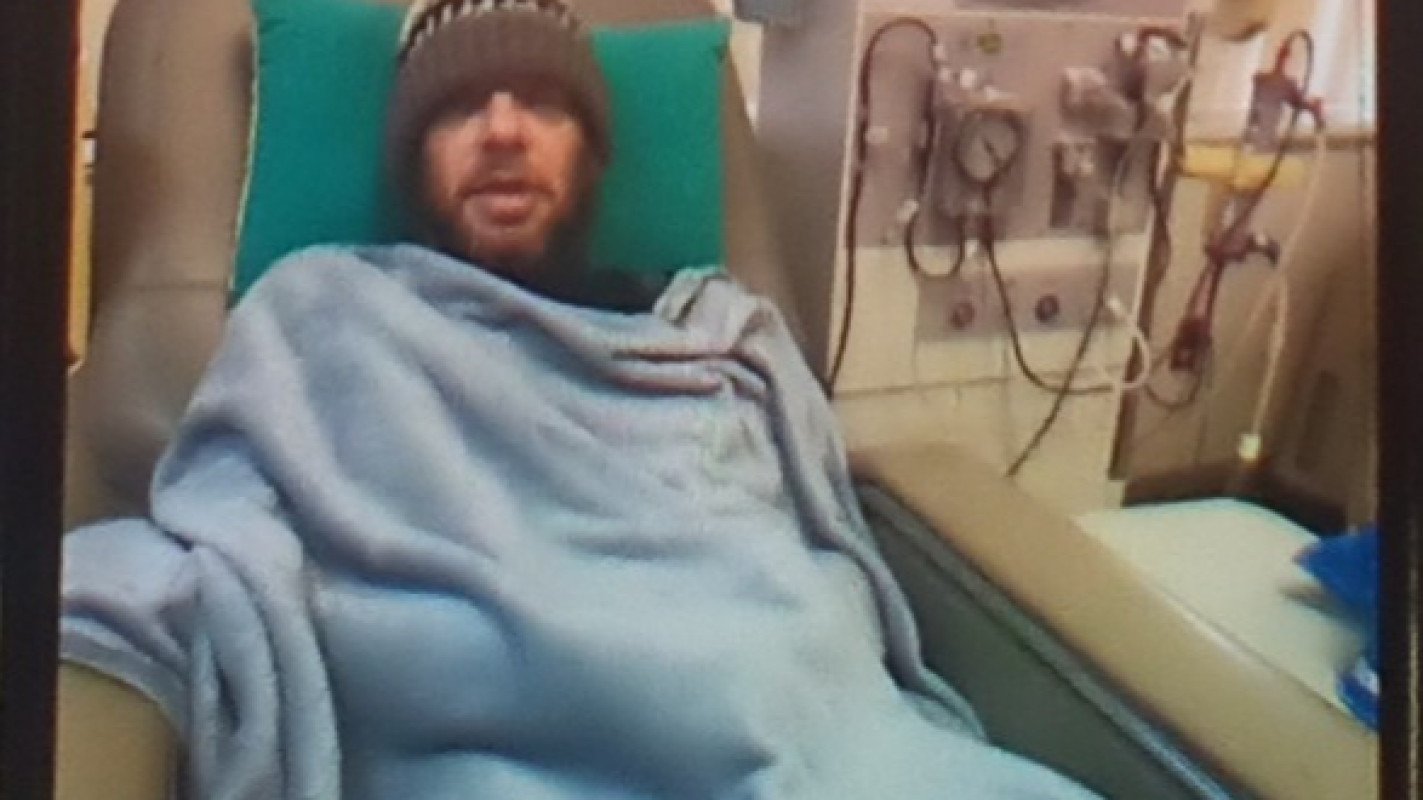meet Jeremy a loving big brother, a very kind thoughtful kid that has his whole like ahead of him. Jeremy was diagnosed with Autism at 4 years old and it is progressively getting worse as he gets old. He is having a difficult time with school and social life. We have tried everything possible to help him and nothing has helped him. We have discovered this therapy called MeRT Effectively Addresses the Individual Nature of Autism Treatment. We are hoping to go to our nearest Brain Treatment Centers and give him the help he needs to live his life to the fullest like every child needs.
With MeRT, the EEG will show electrical signals in the brain of a child with autism that differ from those of a child who does not have ASD.
Patients with developmental differences will often have signature EEG wave activity appearing in the frontal portion of their brain, dominated by a mix of slow (Delta and Theta waves) and high (Beta wave) frequency behavior. A neurotypical patient (one who displays typical developmental, intellectual, and cognitive abilities) would have dominant alpha waves.
MeRT protocols work by delivering gentle magnetic pulses to specific areas of the brain, which stimulate connectivity and function. By doing this, we optimize brain communication, helping it to be more organized and in sync.
This can allow the child to be higher functioning, and in most cases, to have better communication skills, social skills, and more independence. This, in turn, means a higher quality of life for both the patient and the caregiver.. According to patients (or their parents), MeRT treatment can be life-changing.* Benefits can include:
- Better sleep, increased sleep duration
- More relaxed; less anxiety, lessening of stimming behaviors
- More independence
- Better concentration and focus
- Improved interaction with others
- Better response to commands
- Mood improvement
- Improved ability to cope with stress
- Reduction of stress symptoms
- Greater attention span
- Increased sociability
- More motivation to learn
- Greater emotional stability
- Increased ability to adapt to change
- Better self-confidence and self-esteem
- More “presence” in the world going on around them
- Improved language skills









Please donate to comment.
{{dame(anonymous, user, donor_name)}} | {{curr(amount,'USD')}}
{{created_at_rel}}{{note}}